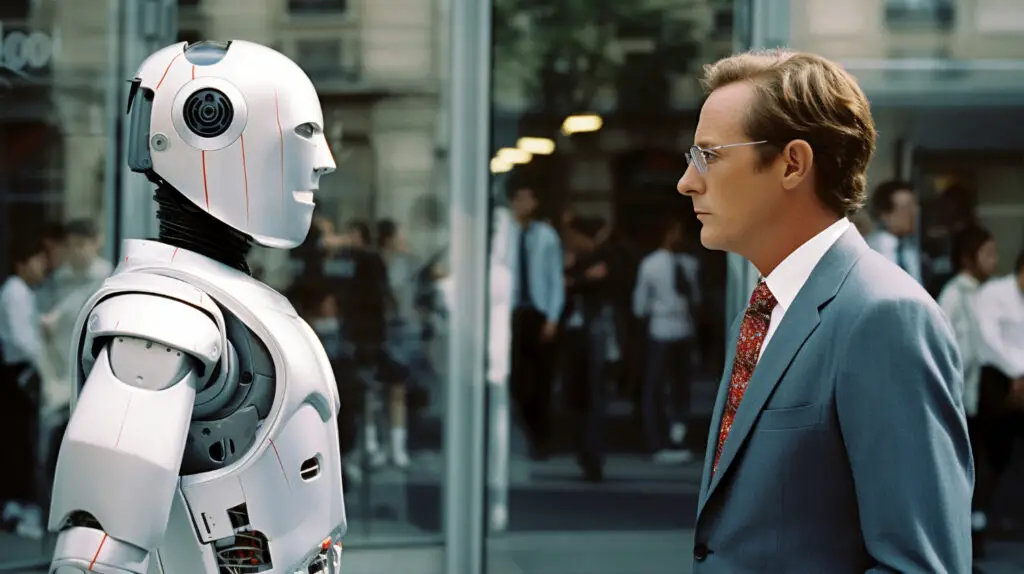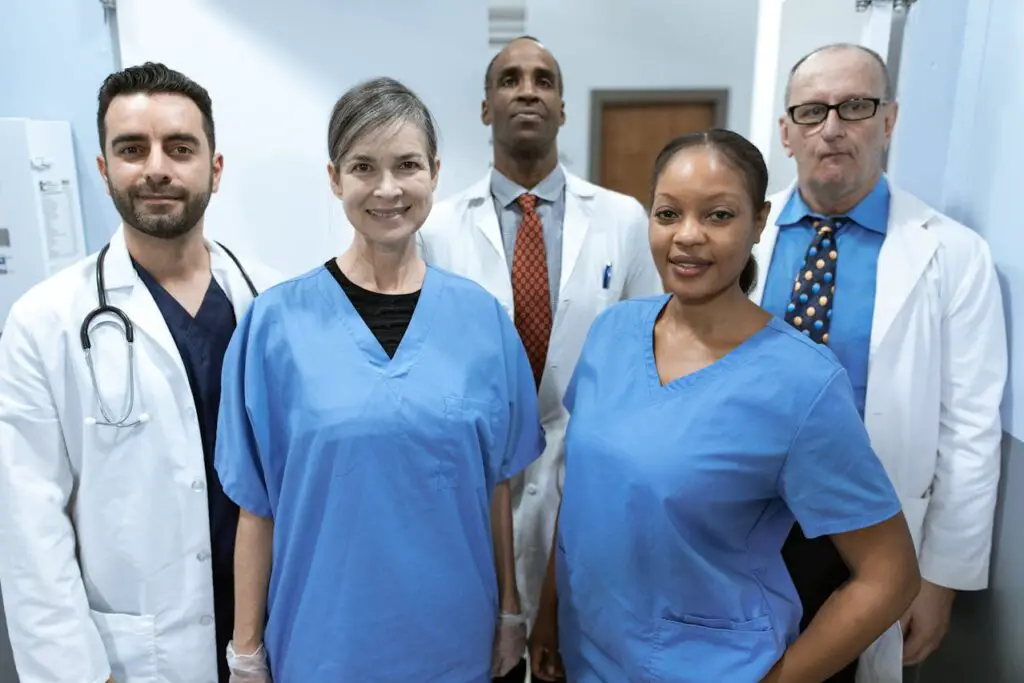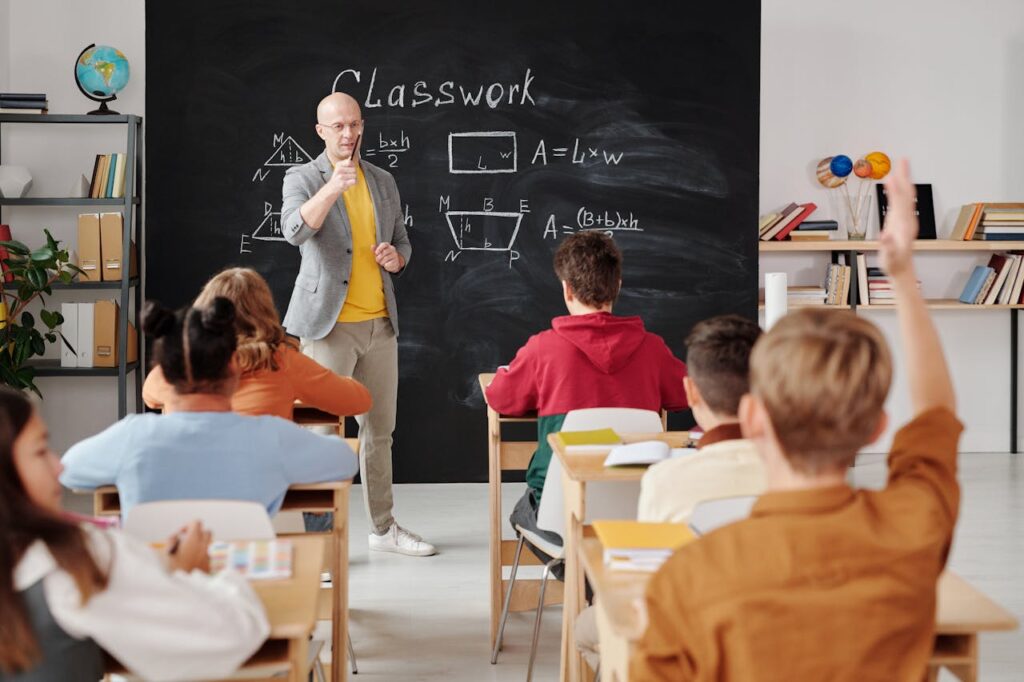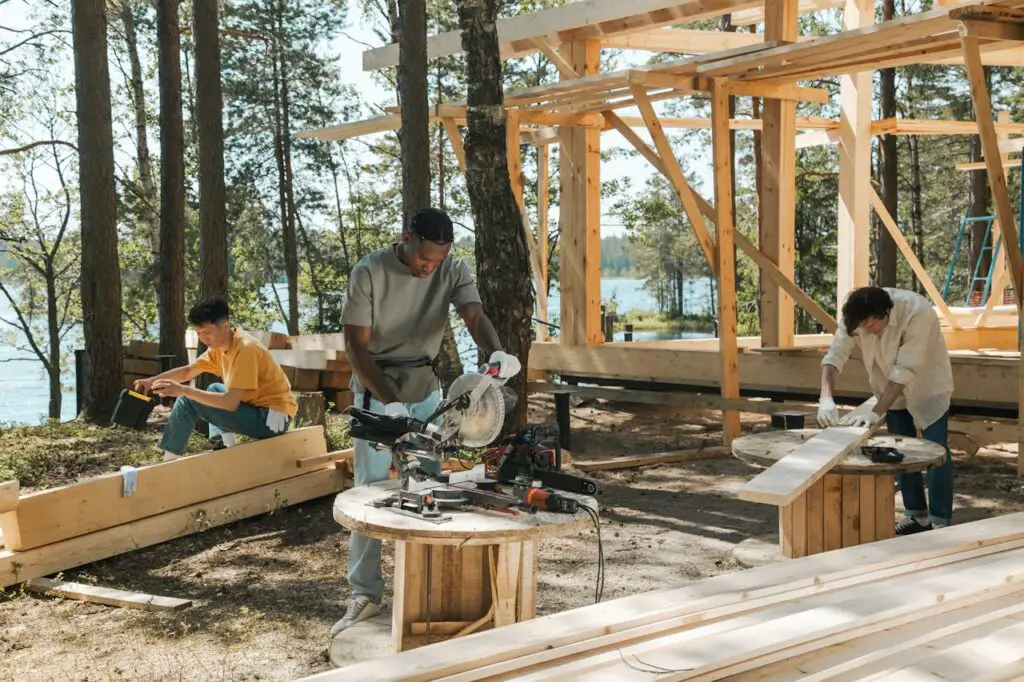The 5 Jobs AI Will Never Replace—And Why They Are Here to Stay

Artificial intelligence is evolving at an incredible pace, automating tasks across industries and reshaping the job market. From self-driving cars to AI-generated content, it is clear that technology is becoming smarter. But no matter how advanced AI gets, there are certain careers it will never be able to replace. Why? Because some jobs require uniquely human qualities—creativity, emotional intelligence, problem-solving, and a deep understanding of human relationships.
While AI can be a useful tool, it lacks the intuition, empathy, and adaptability that certain roles demand. So, if you are wondering which jobs are future-proof, here are five careers that AI will never take over—and why they are here to stay.
1. Healthcare Professionals (Doctors, Nurses, and Surgeons)

AI may be able to diagnose diseases, analyze medical scans, and even assist in surgeries, but it will never replace the human element of healthcare. When patients visit a doctor or nurse, they are not just looking for a diagnosis—they need compassion, reassurance, and trust. A machine can provide data, but it cannot hold a patient’s hand during a difficult moment, deliver bad news with sensitivity, or make split-second life-saving decisions based on intuition and experience.
Medical professionals are faced with unpredictable situations every day, requiring not only expertise but also ethical and moral reasoning. While AI can enhance medical research and provide useful tools for diagnosis, human healthcare providers will always be essential for patient care. No technology can replace the deep emotional connection that comes with healing and helping others.
2. Creative Professionals (Writers, Artists, and Musicians)

AI has already started generating music, paintings, and even articles—but does that mean human creativity is in danger? Absolutely not. While AI can mimic styles and generate content based on data, it lacks true originality and emotional depth. Writing a compelling story, composing a heartfelt song, or creating a stunning piece of art requires life experience, perspective, and a unique voice—things AI simply does not have.
Art is not just about patterns and algorithms; it is about human expression. People connect with music, paintings, and stories because they reflect emotions, struggles, and triumphs that are deeply personal. While AI can assist artists by generating ideas or improving workflow, it will never replace the raw talent and personal touch that make art truly meaningful.
3. Teachers and Educators

Sure, AI can provide online lessons, grade assignments, and even offer personalized learning plans, but can it truly replace a great teacher? Not a chance. Education is not just about delivering information—it is about inspiring, motivating, and guiding students. The best teachers do not just teach facts; they mentor, adapt lessons based on their students’ needs, and create an environment where critical thinking and creativity thrive.
AI cannot recognize when a student is struggling emotionally, nor can it adjust to different personalities and learning styles in real-time. A machine cannot offer encouragement, discipline, or life advice in the same way a human teacher can. Learning is a deeply social and emotional process, and no matter how advanced AI becomes, students will always need real human interaction to grow, succeed, and develop essential life skills.
4. Skilled Trades (Electricians, Plumbers, and Carpenters)

AI-powered robots might be great for assembling products in a factory, but when it comes to fixing a broken pipe or rewiring a home, human expertise is irreplaceable. Skilled trades require hands-on problem-solving, adaptability, and the ability to work in unpredictable environments—something AI struggles to do. Every repair job is unique, requiring on-the-spot decision-making and experience to troubleshoot complex issues.
Additionally, tradespeople rely on trust and human interaction. Homeowners and businesses want to work with someone they can communicate with, ask questions, and depend on for quality work. While AI may assist with diagnostics or automation in some areas, skilled trades will always require a human touch to ensure safety, accuracy, and precision.
5. Therapists and Mental Health Counselors

Mental health is one of the most deeply personal and sensitive aspects of human life. While AI can analyze speech patterns, detect mood changes, and even offer general mental health advice, it cannot truly understand human emotions. People go to therapists and counselors not just for advice, but for empathy, trust, and genuine human connection.
A chatbot might be able to provide coping strategies, but it will never be able to comfort someone experiencing grief, help a person heal from trauma, or navigate complex emotional struggles with compassion. Mental health professionals use their intuition and experience to provide personalized care that no AI can replicate. Therapy requires deep listening, understanding, and emotional intelligence—qualities that are uniquely human.
Final Thoughts

AI is changing the world, but some jobs will always require the human touch. Professions that rely on empathy, creativity, problem-solving, and real human connection will never be fully replaced by machines. While AI can assist and enhance many industries, it cannot replace the trust, intuition, and emotional depth that make these careers so vital.
If you are thinking about a future-proof career, these jobs are not just secure—they are essential. As AI continues to evolve, human skills will remain more valuable than ever, proving that technology can never fully replace what makes us truly human.
Leave a Reply